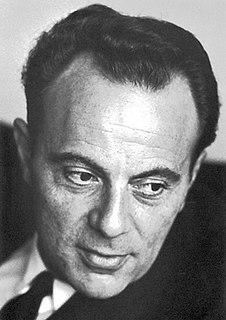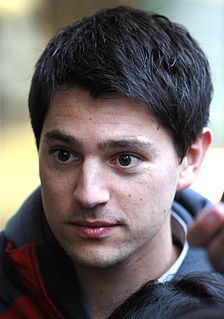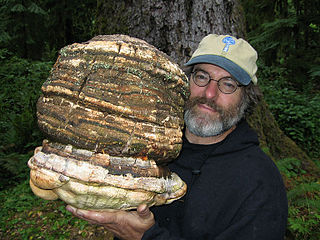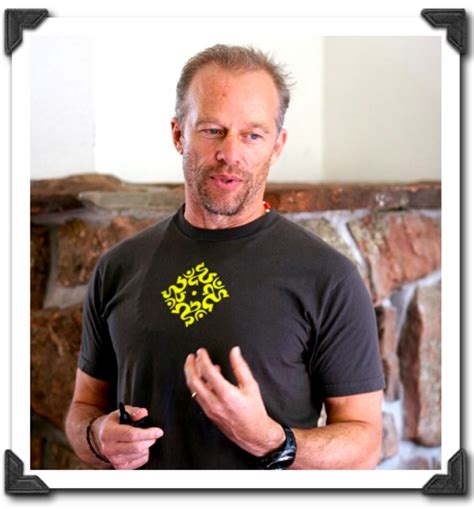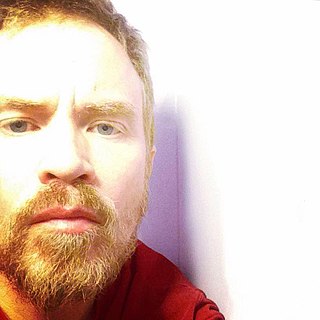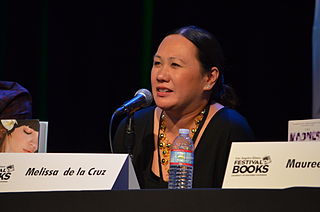A Quote by Francois Jacob
In today’s vastly expanded scientific enterprise, obsessed with impact factors and competition, we will need much more night science to unveil the many mysteries that remain about the workings of organisms.
Related Quotes
There is no "scientific worldview" just as there is no uniform enterprise "science" - except in the minds of metaphysicians, school masters, and scientists blinded by the achievements of their own particular niche... There is no objective principle that could direct us away from the supermarket "religion" or the supermarket "art" toward the more modern, and much more expensive supermarket "science." Besides, the search for such guidance would be in conflict with the idea of individual responsibility which allegedly is an important ingredient of a "rational" or scientific age.
As the popular trust in science fades - and many sociologists say that's happening today - people will develop a distrust of purely "scientific" psychology. Researchers in the universities haven't picked up on this; they're more interested in genetics and computer models of thinking than ever. But, in general, there is a huge distrust of the scientific establishment now.
I think that competition will exist even if we discover more oil. We're never going to know how much we have, or how long will it last. You are always going to want to have diversity of supply. I think the Middle East will remain a region of competition, of global competition, fighting for a long time.
Although a science fair can seem like a big "pain" it can help you understand important scientific principles, such as Newton's First Law of Inertia, which states: "A body at rest will remain at rest until 8:45 p.m. the night before the science fair project is due, at which point the body will come rushing to the body's parents, who are already in their pajamas, and shout, 'I JUST REMEMBERED THE SCIENCE FAIR IS TOMORROW AND WE GOTTA GO TO THE STORE RIGHT NOW!'"
Human well-being is not a random phenomenon. It depends on many factors - ranging from genetics and neurobiology to sociology and economics. But, clearly, there are scientific truths to be known about how we can flourish in this world. Wherever we can have an impact on the well-being of others, questions of morality apply.
Almost all major scientific projects today are huge collaborations, yet we still have this public obsession with the idea of the individual scientific genius. One of my goals as a science communicator is to celebrate the collaborative dimensions of science, which I think will be critical for facing the ecological and resource challenges ahead. In a sense, we are all corals now.
I've always been fascinated, obsessed even, with books and TV shows about unsolved murders, cold cases, forensic science, mysteries, and so on. Many times when I get inspiration for my work, it's from something in one of these books or TV shows, or perhaps some newspaper article about a specific case.
We think of the 1950s as an oppressive time in the culture, and indeed it was, but it was also in many ways a more secular moment, and one in which great scientific achievements flourished. I don't want to get too gauzy about this, but there was much more respect for science as a necessary part of society.
School was more than academics; an education prepared you for the humdrum of real life: working with others, tempering one's personality to assimilate with the group but without losing your individual identity, understading the factors of logic, reasoning, and debate. For a person - vampire or human - to succeed in the world, unlocking the mysteries of the universe was insufficient. One would also need to grasp the mysteries of human nature.
